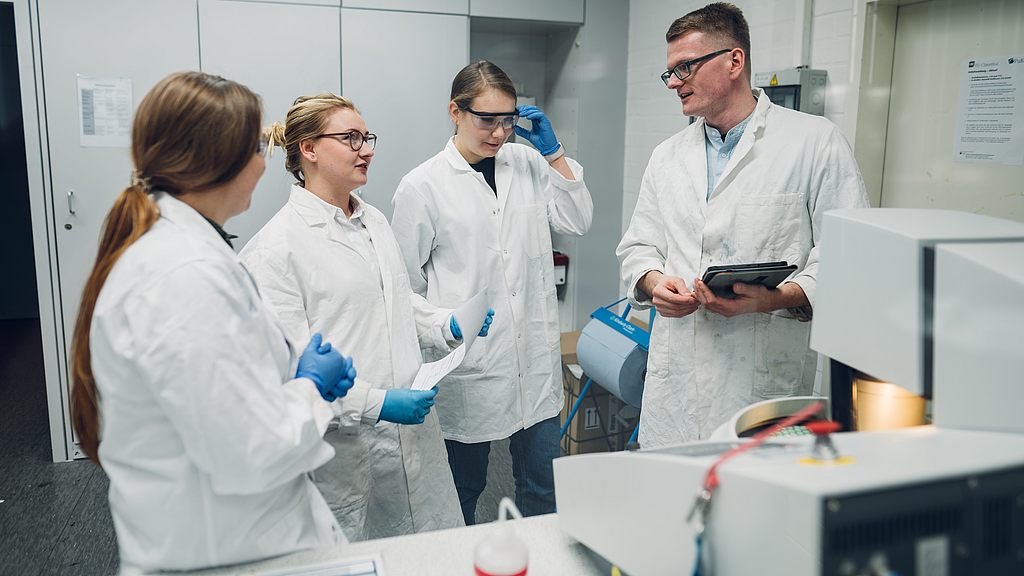Additive manufactured profile extrusion nozzle (Metal-FDM) – debinding/sintering, performance evaluation, and rapid prototyping for thermoplastic pultrusion with natural continuous fibers
This work investigates the feasibility of printing a profile extrusion nozzle using FDM from metal-filled filament, then debinding and sintering it, and evaluating the resulting tool performance in extrusion operation. The focus is on achievable nozzle geometries, dimensional accuracy and strength after the sintering process, and the influence of surface roughness on flow, pressure loss, and surface quality of the profile. The task includes independent tool design, experimental validation on the extrusion line, and—if successfully demonstrated—transfer to a rapid prototyping concept for thermoplastic pultrusion. This involves investigating how new material properties can be developed through the integration of continuous natural fibers (e.g., flax, hemp). The work combines additive manufacturing, toolmaking, and polymer melt processing.
Possible tasks
- CAD design and variant studies of nozzle geometries (inlet, distributor, gap, calibration); production-oriented design for metal FDM.
- FDM printing with metal-filled filament (e.g., BASF Ultrafuse); debinding and sintering (documentation of shrinkage, warping, density/porosity); Derivation of correction factors for dimensional compensation.
- Characterization of tool surfaces (roughness, post-processing such as blasting/polishing if necessary) and mechanical/thermal load capacity.
- Setup and execution of extrusion tests: temperature control, stability/service life of the nozzle, influence of roughness and geometry on melt flow and profile quality.
- If successful: Design of a setup for thermoplastic pultrusion; feeding/impregnation of continuous natural fibers; investigation of impregnation, fiber content, and adhesion as well as mechanical characteristics of the strands/profiles produced.
- Evaluation (e.g., simple flow models, shrinkage models), derivation of design rules and recommendations; structured documentation.
Profile
- Degree in materials science, mechanical engineering (manufacturing/materials-related), process engineering, or similar.
- Interest in additive manufacturing, plastics processing, and toolmaking; meticulous, experimental approach to work.
- Desirable: Experience in 3D printing (especially FDM), CAD (e.g., SolidWorks/Fusion/Creo), basic knowledge of extrusion/rheology; initial experience with debinding/sintering or metal FFF is an advantage; confident data analysis (e.g., Python/Excel/Origin).
Scope
- Thesis (bachelor's/master's) or extended research internship.
- Start: flexible; scope and duration depending on format (typically 3–6 months for theses, 3–9 months for internships).
Application/Contact
If you have any questions or are interested, please send an email to: Philipp von Güldenstubbe
Institut für Polymerwerkstoffe und Kunststofftechnik Technische Universität Clausthal Agricolastraße 6 38678 Clausthal-Zellerfeld |
|
Telefon: +49 5323 72-2811 E-Mail: philipp.von.gueldenstubbe@tu-clausthal.de |
